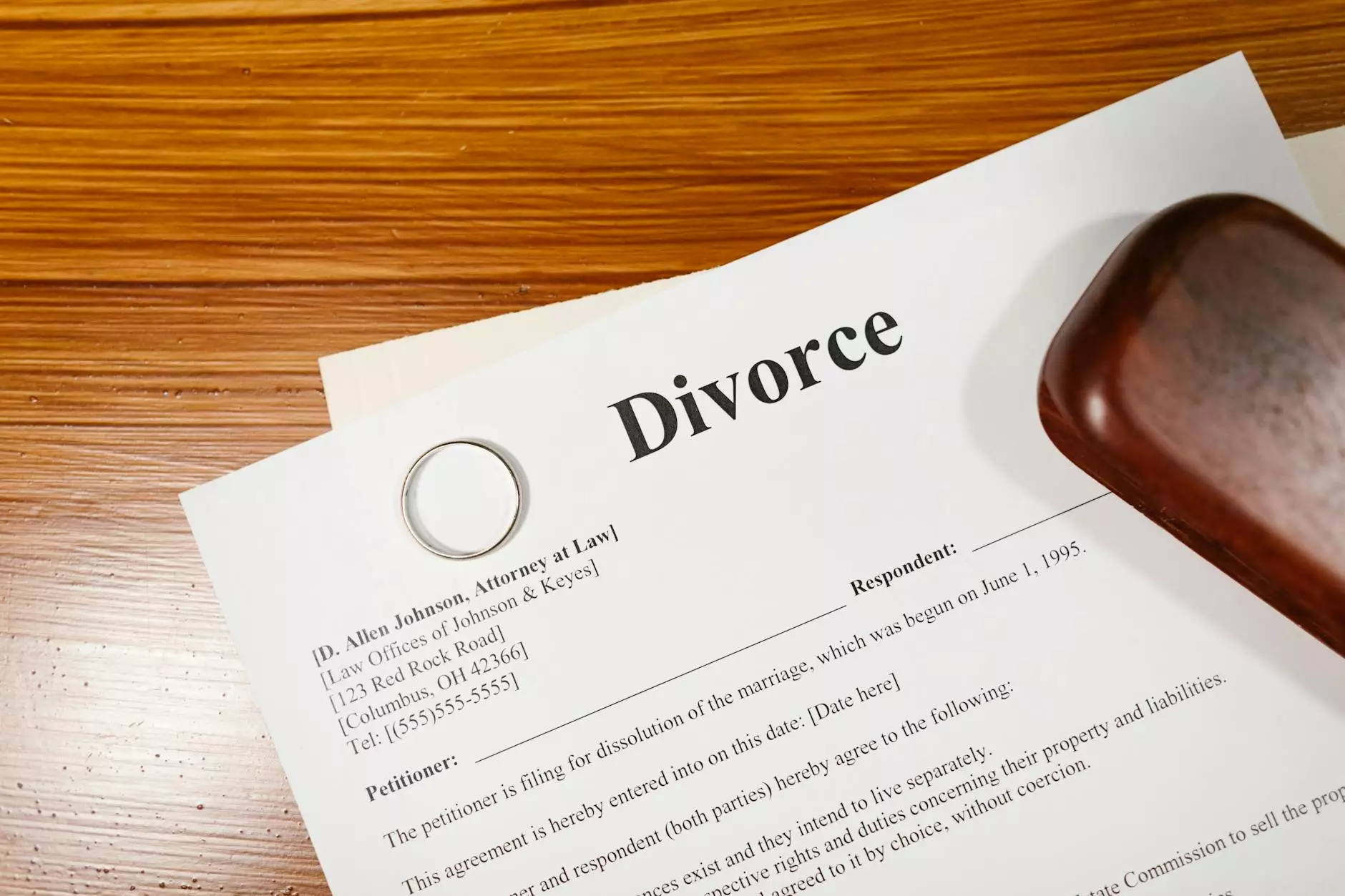Understanding the Role of an Employee Benefits Lawyer

In today’s complex employment landscape, employees often find themselves navigating a maze of regulations and benefits that can be overwhelming. This is where an employee benefits lawyer comes into play, providing essential guidance and representation. In this article, we delve deeply into the multifaceted responsibilities of these lawyers, their importance in various employment scenarios, and how they can be pivotal in protecting your rights and interests in the workplace.
What is an Employee Benefits Lawyer?
An employee benefits lawyer specializes in the legal aspects of employee benefits and compensation. Their primary role is to advise both employers and employees on benefits-related laws and regulations, ensuring that all parties comply with the Employee Retirement Income Security Act (ERISA) and any applicable state laws.
Key Responsibilities
- Advising on Benefits Plans: Assisting in the formulation and implementation of employee benefit plans.
- Compliance and Regulations: Ensuring plans meet legal standards to avoid litigation and penalties.
- Litigation Support: Representing employees or employers in disputes regarding benefits.
- Education and Training: Providing training for HR professionals on benefits administration.
- Negotiation: Helping to negotiate benefits packages and resolve disputes.
Importance of an Employee Benefits Lawyer
The role of an employee benefits lawyer is critical for several reasons:
1. Protection of Employee Rights
Lawyers in this field advocate for employees to ensure that they receive all the benefits entitled to them. This might include health insurance, retirement plans, leave options, and various other employee perks. Without proper legal guidance, employees may miss out on crucial benefits.
2. Navigating Complex Regulations
Benefits laws can be intricate and ever-changing. An employee benefits lawyer stays abreast of the latest legal updates, ensuring that both employers and employees are informed and compliant with all new regulations. This reduces the risk of legal problems down the line.
3. Resolution of Disputes
Disputes related to employee benefits can escalate quickly. A well-versed lawyer not only helps to resolve these disputes but often can prevent them by addressing concerns proactively. This can include filing appeals or requesting reconsiderations when claims are denied.
Common Employee Benefits Issues Addressed by Lawyers
Employee benefits lawyers handle a wide variety of issues, including but not limited to:
1. Denied Claims
When an insurance claim is denied, employees often feel helpless. An employee benefits lawyer can review the circumstances of the denial and advocate for the rightful claim to be honored.
2. COBRA Issues
Employees who have lost their jobs may wish to continue their health insurance under COBRA. A lawyer can assist in navigating the COBRA process, ensuring that all procedures are followed correctly and that employees enroll on time.
3. Retirement Plan Disputes
Retirement plans such as 401(k)s can be a source of contention, particularly regarding management fees or withdrawal policies. An employee benefits lawyer can provide essential guidance in these matters.
How to Choose an Employee Benefits Lawyer
Choosing the right employee benefits lawyer can feel daunting. Here are some key considerations to guide your selection:
1. Experience and Expertise
Look for a lawyer with significant experience in employee benefits law. You want someone who understands the intricacies of ERISA and other pertinent regulations.
2. Reputation
Research online reviews, ask for recommendations, and check their standing with local bar associations to gauge their reputation.
3. Communication Skills
An effective lawyer should communicate complex legal jargon in a way that you can understand. They should be responsive to your inquiries and available for consultations.
4. Fee Structure
Understand the lawyer's fee structure beforehand. Some may charge hourly rates, while others may work on a contingency fee basis, especially in litigation cases.
Benefits of Hiring an Employee Benefits Lawyer
There are clear benefits to hiring an employee benefits lawyer. Here are several compelling reasons:
1. Tailored Legal Solutions
Every employee's situation is unique, and a lawyer can craft tailored solutions that meet specific needs and situations.
2. Expert Knowledge
They possess expert knowledge about employee benefits laws, making them invaluable in navigating complicated scenarios.
3. Risk Mitigation
By ensuring compliance with the law, an employee benefits lawyer helps mitigate risks for both employees and employers, preventing costly disputes and lawsuits.
4. Peace of Mind
Knowing that a professional is managing your benefits-related issues allows you to focus on your job without the stress of dealing with complex legalities.
Final Thoughts on Engaging an Employee Benefits Lawyer
In the ever-evolving world of employment law, having a knowledgeable employee benefits lawyer on your side can make a significant difference. From helping you understand your rights to representing you in court if necessary, these professionals serve as advocates for employees navigating benefits issues.
Whether you are facing a denied claim, need assistance with COBRA, or are involved in a retirement plan dispute, do not hesitate to seek guidance. The investment in an employee benefits lawyer often pays off by ensuring you receive all that you are entitled to under the law.
In conclusion, understanding and utilizing the services of an employee benefits lawyer can empower you as an employee and protect your rights in the workplace. Remember that your benefits are not just perks but essential parts of your compensation that deserve the utmost attention and care.









